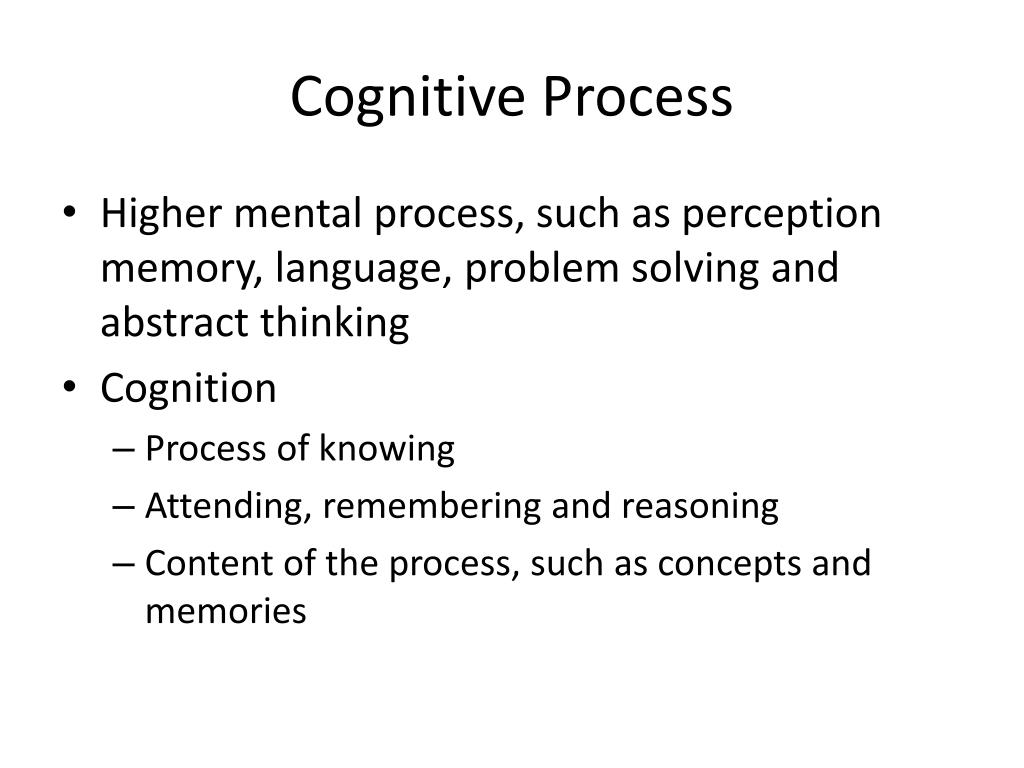

Three factors influence the correct processing of information. This in turn entails different forms of data-driven and concept (or hypothesis) driven knowledge acquisition activities that range along the continuum from direct knowledge (perception based) to indirect knowing (cognition based) that involves more complex inference tasks (Baron and Harvey 1980 Harris 1981 Lindsay and Norman 1977 Taylor and Crocker 1981). The task of choosing between alternatives and behaving in a particular way involves various degrees of information processing. Output in the form of behaviour based on information processing (McLeod 2008).Storing and coding of that information in the brain, with this stored information used by the parts of the brain responsible for mental activities such as memory, perception and attention.Input in the form of visual or auditory information.Making a choice implies commitment to the chosen alternative and can involve searching for reasons or rationalisations to justify the choice.Ī basic model of decision-making consists of three steps: Every outcome is associated with a value or preference, although these beliefs and values may well be idiosyncratic to every decision-maker. Each alternative is associated with a set of beliefs about the outcome associated with each alternative. Below, we review concepts related to decision-making within the field of cognitive psychology that are most relevant for explaining corrupt behaviour and that appear in our literature review.Ī decision involves a choice between two or more alternatives that involve choices about questions like whether, whom, when, and which. Improved understanding about how these processes are involved in decision-making on corruption could improve the design of anti-corruption programs directed towards societies where corruption is the norm or towards individual power-holders. These decisions most likely involve several parallel psychological processes. A core assumption of analysing corrupt behaviour through a cognitive psychology lens is that individuals make conscious decisions to engage in corrupt behaviour. Web.(We developed this background information to accompany U4 Issue The cognitive psychology of corruption)Ĭognitive psychology is defined as the study of individual-level mental processes such as information processing, attention, language use, memory, perception, problem solving, decision-making, and thinking (Gerrig and Zimbardo 2002). Logopedics Phoniatrics Vocology, 46, 1-11. The relationship between reasoning and language ability: Comparing children with cochlear implants and children with typical hearing. Socher, M., Ingebrand, E., Wass, M., & Lyxell, B. Can cognitive psychological research on reasoning enhance the discussion around moral judgements? Cogn Process, 17, 329-335. Through language, people can communicate and express their ideas, learn something new, and create novel linguistic meanings. One can see that the cognitive processes of reasoning/knowledge are responsible for memorizing, decision making, and problem-solving processes, and language is one of the integral elements of these processes. With its help, people can develop and discover new linguistic notions. In addition, language is essential to non-verbal reasoning because of the ability of relational language to increase relational reasoning (Socher et al., 2020, p. Language also allows humans to encode, manipulate, and save concepts in effective ways. Moreover, language allows people to understand the ideas of others through listening and memorizing. The decision is expressed through language, both verbal and non-verbal. Each of these processes closely interacts with each other and results in a decision. These processes comprise working memory, perception, long-term memory, emotions, and motivations. The cognitive process of knowledge/reasoning involves complex psychological processes and complex conditions.


 0 kommentar(er)
0 kommentar(er)
